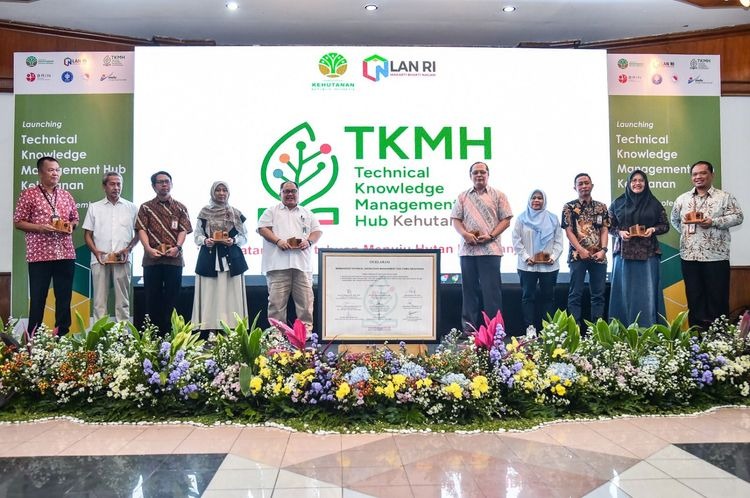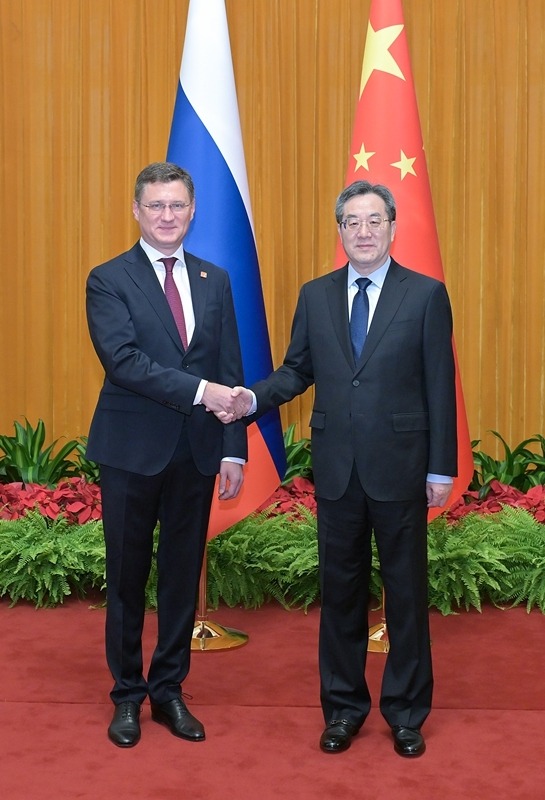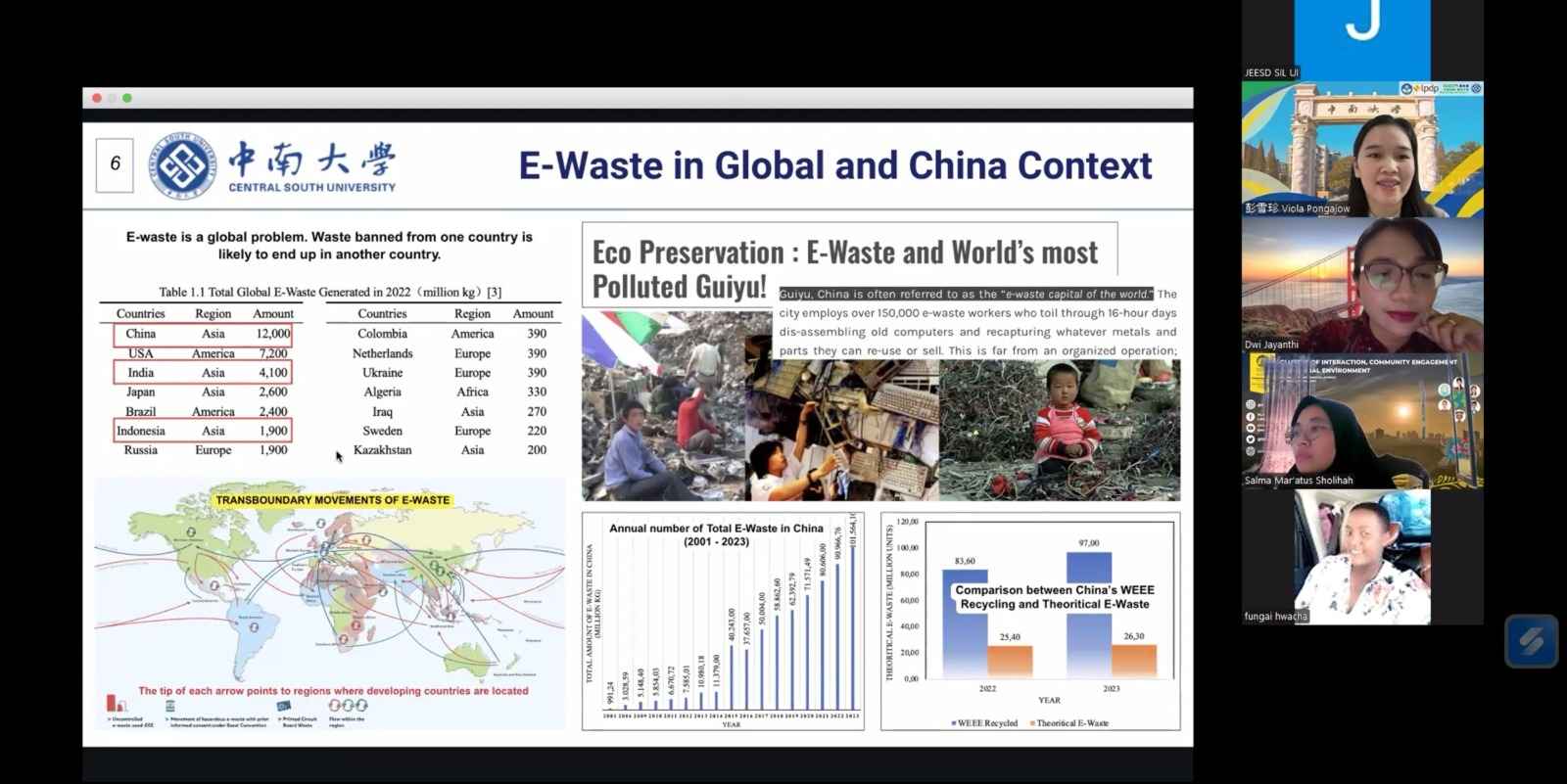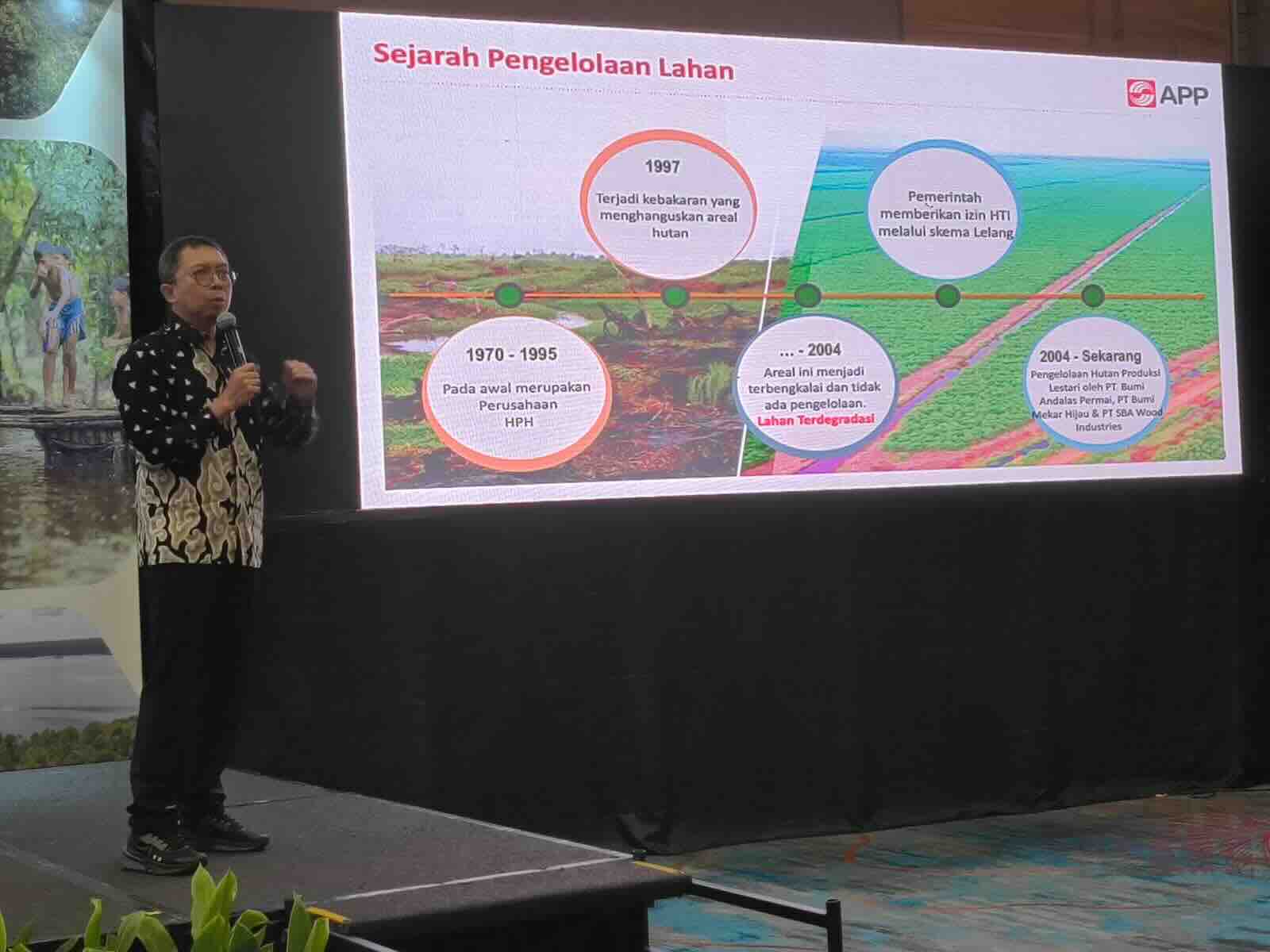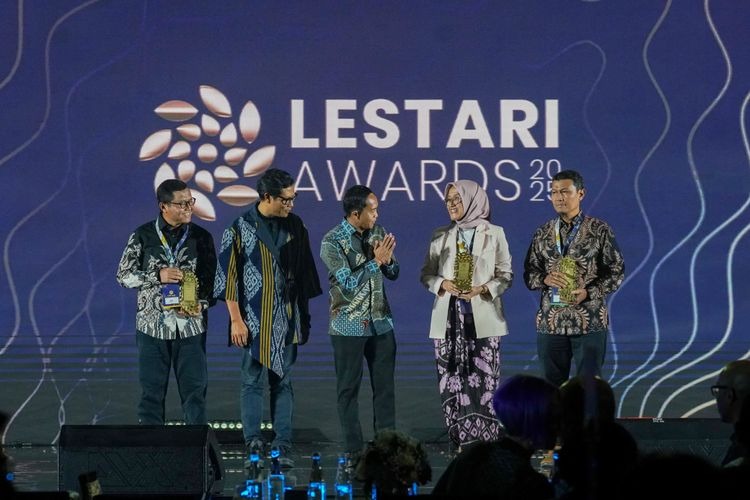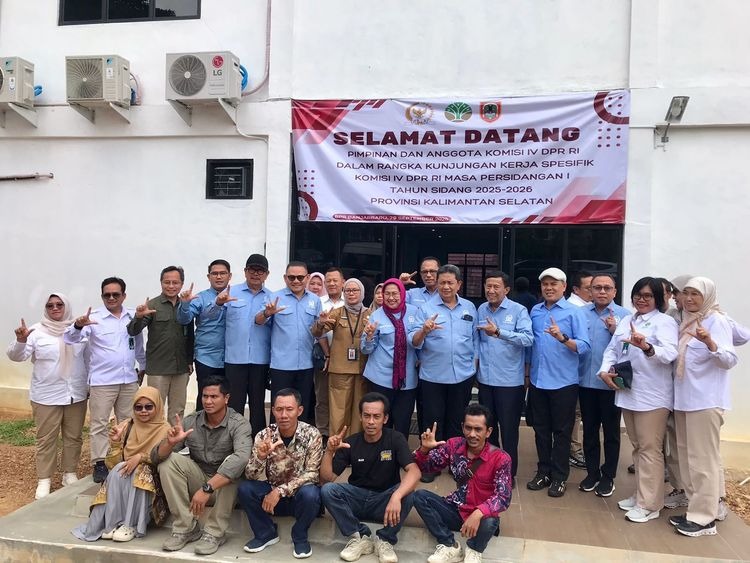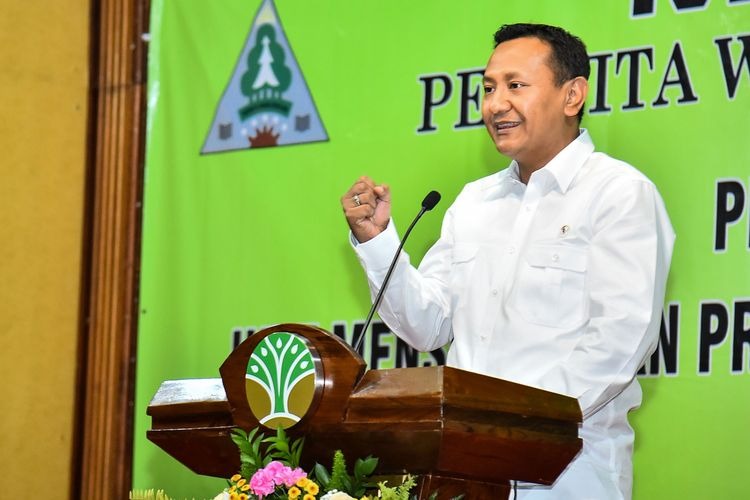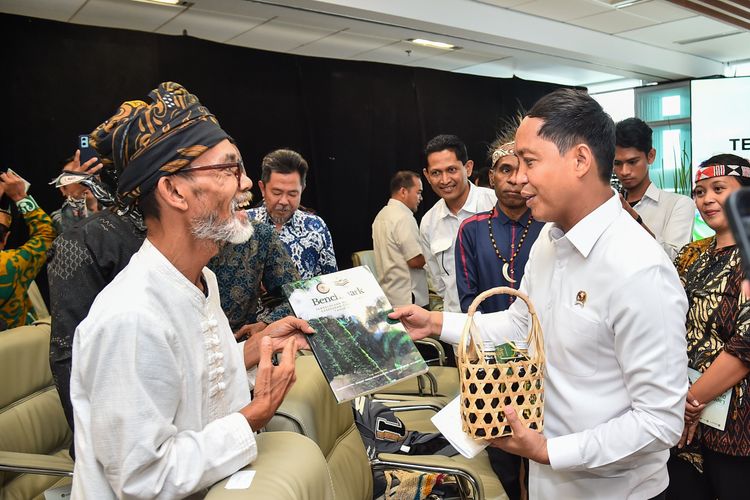Enviro News Asia, Bogor – The Ministry of Forestry of the Republic of Indonesia, through the Center for Sustainable Forest Development (P2HB), officially launched the Forestry Technical Knowledge Management Hub (TKMH) at Gunung Batu Campus, Bogor, on Friday (September 19, 2025). The establishment of TKMH marks a strategic step to accelerate knowledge transfer in support of sustainable forest management and the achievement of the FOLU Net Sink 2030 target.
Secretary General of the Ministry of Forestry, Mahfudz, stated that TKMH was designed as a knowledge ecosystem that brings together researchers, academics, practitioners, and policymakers in a collaborative space.
“With the Forestry TKMH, knowledge transfer can take place more quickly, accurately, measurably, and in ways that are practical and relevant to policy needs,” he said.
Mahfudz emphasized five major agendas supported by the Forestry TKMH: decarbonization toward FOLU Net Sink 2030, downstreaming of forest products, development of carbon trade and environmental service innovations, biodiversity protection, and improving community welfare through equitable forest access. These agendas, he noted, align with President Prabowo’s Asta Cita vision, which targets economic growth of up to 8% and poverty reduction to 0%.
Head of P2HB, Dr. Gun Gun Hidayat, added that TKMH is not merely a digital platform, but also a knowledge-sharing space designed to deliver tangible impacts.
“Until now, many research findings stopped at the report stage. With the Forestry TKMH, knowledge will become more accessible, applicable, and directly beneficial to both policy and forestry practices on the ground,” he stressed.
The implementation of TKMH will be carried out in stages. In the first two months, the team will prepare baseline data, SOPs, and the digital platform. The following six months will focus on joint research, timber identification training, and researcher sit-in programs. Within the next two years, TKMH is expected to evolve into a knowledge ecosystem involving universities, the private sector, and international institutions.
Several institutions have already joined the Forestry TKMH network, including the Directorate of Environmental Policy, the Research Center for Biomass and Bioproducts, the Ecology Research Center, the Faculty of Forestry and Environment at IPB, Nusa Bangsa University, and PT Mutuagung Lestari Tbk. Partnerships will continue to expand to ensure forestry innovations are disseminated and utilized optimally.
The launch also marked the revitalization of Gunung Batu Campus, historically known since the colonial era as Indonesia’s center for forestry education and the birthplace of numerous significant research initiatives and policies.
This hybrid event was attended by senior officials of the Ministry of Forestry, BRIN representatives, academics from IPB and Nusa Bangsa University, and international institutions such as CIFOR and GIZ Forclime. The presence of multiple stakeholders underscored the Forestry TKMH as a multi-stakeholder collaboration to address future challenges in forest management. (*)




